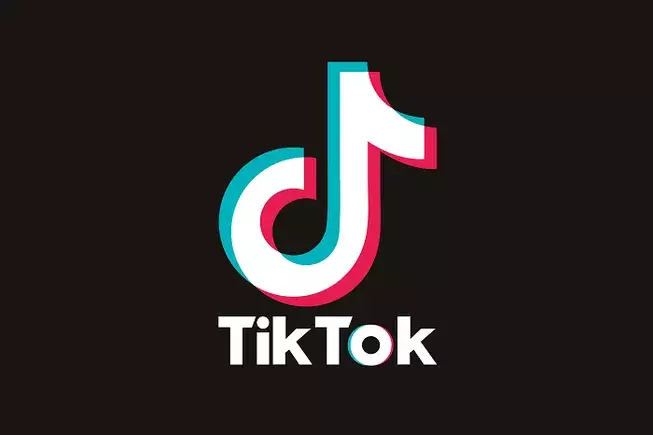With the U.S. government’s impending deadline set for the ban of TikTok, the political landscape is once again rife with contention over digital sovereignty and social media regulation. In the wake of President-elect Donald Trump’s pledge to explore alternatives for TikTok’s future, a significant question emerges: can his negotiation skills navigate the minefield of geopolitical concerns and national security?
Reevaluating TikTok’s Place in America
The platform, which boasts around 170 million American users, has rapidly become a cultural phenomenon. From viral dances to impactful political messages, TikTok has evolved beyond mere entertainment, serving as a conduit for self-expression and political engagement. The urgency for action arises from concerns regarding the app’s Chinese ownership, which has fueled debates about user data privacy and foreign influence over American citizens.
Trump’s approach signifies a marked departure from his previous strategy, which aimed at divesting TikTok from its Chinese parent company, ByteDance. Initially, his administration’s hardline stance was fueled by allegations of espionage and misinformation. However, as he prepares to take office again, his position seems to pivot toward a more conciliatory and potentially lucrative framework for TikTok’s existence in the U.S. market.
By filing an amicus brief with the Supreme Court, Trump is asserting his influence and signaling his commitment to preserve TikTok for American users. This legal maneuver is significant; it seeks not only to delay the impending restrictions on TikTok but also to frame the discussion around free speech rights—a crucial element in American democracy. Trump argues that his electoral victory reinforces his role as a protector of First Amendment rights for all, including TikTok users.
The constitutionality of banning a platform used by millions, primarily for creative expression, pushes the boundaries of legal interpretations of free speech. Positioning himself as a key player in this debate grants Trump an opportunity to capitalize on his social media fame—he is one of the most prominent users of the platform. This unique standing could enable him to leverage TikTok’s reach while addressing opposition from both political adversaries and public critics concerned about the app’s data practices.
In contemplating a potential deal, analysts are keen to observe whether Trump will revive his earlier attempts to place TikTok under American control through a consortium like Oracle and Walmart. The previous negotiations fell apart with the change in administration, offering an illustrative case of how quickly fortunes can shift in the political and technological landscape.
Trump’s renewed interest in TikTok could provide him a platform to address national security concerns pragmatically, rather than defaulting to abandonment. Yet, his motives remain scrutinized. Critics question whether the intention is genuinely to safeguard user privacy, or rather to secure political capital and personal interests as a high-profile user of the platform. This skepticism reflects a broader discourse around the interactions of power, technology, and user rights.
The Path Ahead: A Crossroads of Governance and Social Media
As the Supreme Court prepares to hear TikTok’s appeal, the timeline for making significant decisions is critical. The importance of governance in digital spaces cannot be understated, especially as we navigate a digital world where data plays a pivotal role in shaping public opinion and influencing electoral outcomes.
Should the Court grant Trump’s request, the indefinite delay on the enforcement of the sell-off could grant him the necessary time to forge a deal that safeguards not only the app but also encourages ongoing dialogues around digital governance. This outcome could pave the way for a re-examination of existing regulations that govern foreign-owned digital platforms operating in the U.S.
Trump finds himself at the center of an intricate dance between politics, national security, and the freedom of expression via social media. The future of TikTok may hinge on his ability to blend negotiation tactics with genuine considerations for users’ rights, digital data privacy, and international relations—a complex landscape fraught with implications for Americans and global citizens alike. The emerging narrative will undoubtedly shape the interaction between technology and governance for years to come.

